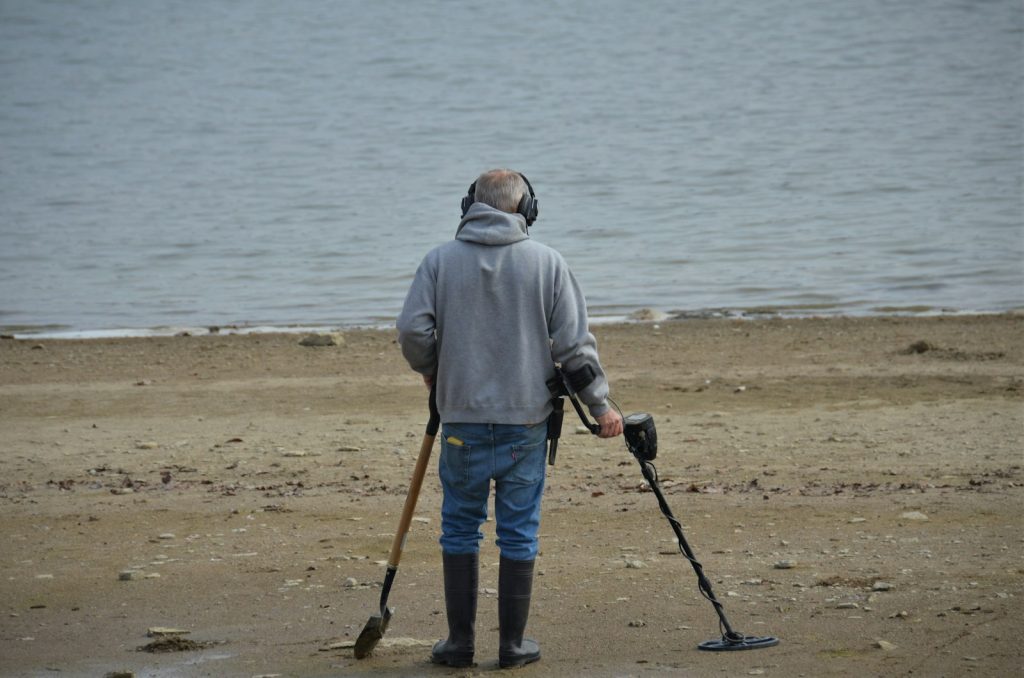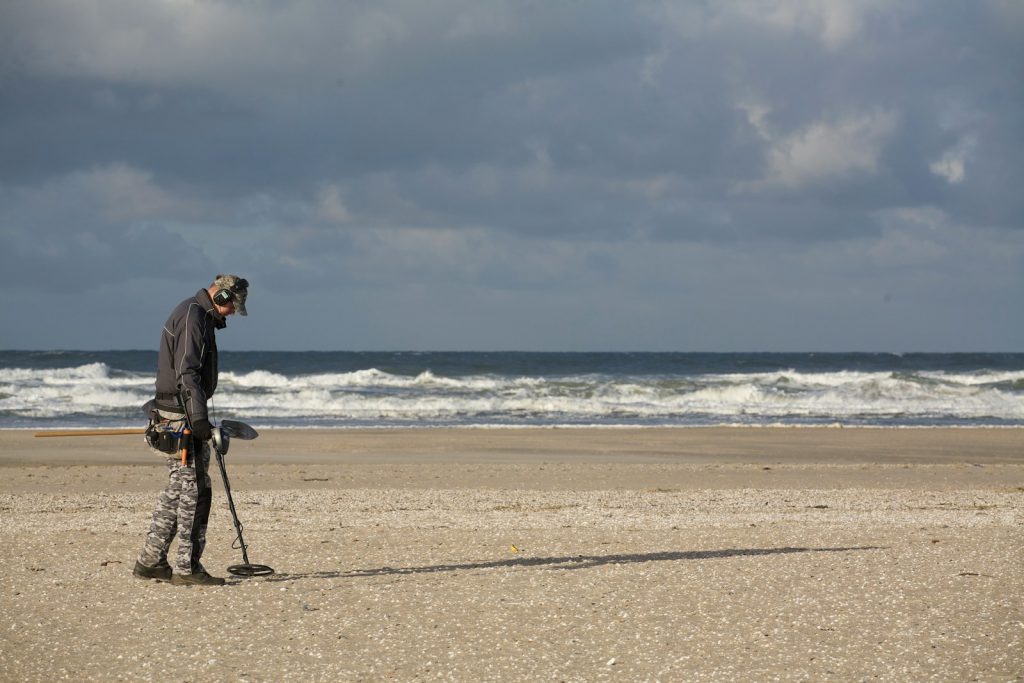Tybee Island Beach, renowned as one of Georgia’s premier locations for metal detecting, offers enthusiasts a unique opportunity to uncover hidden treasures. The optimal time for this activity is following the high tides and storms, when the shifting sands may reveal previously buried items. It’s important to note that while the use of metal detectors is permitted on the beach, certain restrictions apply for the protection of the environment.
Specifically, venturing into the dune lines is prohibited, and the removal of sea oats from the beach is strictly against federal law. In fact, according to a 2019 survey, approximately 75% of metal detecting hobbyists adhere to these regulations, demonstrating a strong commitment to responsible and sustainable practices in the field.
Introduction
Tybee Island, a small coastal city in Georgia, is steeped in rich history and natural beauty. Known for its sandy beaches, historic lighthouses, and vibrant local culture, it’s a popular destination for tourists and treasure hunters alike. One such treasure hunting method is metal detecting, a hobby that combines outdoor exploration with the thrill of discovery.
Metal detecting is more than just a leisure activity. It’s a way to uncover hidden treasures and lost pieces of history that lie beneath our feet. On Tybee Island, these treasures can range from historical artifacts from the island’s past to lost jewelry from recent beachgoers.
The potential for discovery makes Tybee Island a prime location for metal detecting enthusiasts. But like any hobby, it requires patience, practice, and knowledge of the right techniques.

The Art of Metal Detecting
Metal detecting is a fascinating hobby that combines elements of history, science, and treasure hunting. At its core, metal detecting involves using a device known as a metal detector to locate metallic objects buried beneath the ground.
A metal detector works by emitting an electromagnetic field into the ground. When this field comes into contact with a metallic object, it induces an electric current in the object, which in turn creates its own electromagnetic field. The detector picks up this secondary field and alerts the user to the presence of metal.
There are several types of metal detectors, each with its own strengths and weaknesses. For example, Very Low Frequency (VLF) detectors are versatile and can find a wide range of metal types, while Pulse Induction (PI) detectors are better suited for environments with high mineral content.
Effective metal detecting requires more than just the right equipment. It also requires knowledge and practice. Understanding the specific characteristics of different metals, learning how to interpret the signals from the detector, and knowing where to look are all crucial skills for a successful metal detectorist.
Metal Detecting on Tybee Island
Tybee Island is a treasure trove for metal detecting enthusiasts. Its sandy beaches and historic sites make it a prime location for those in search of lost artifacts and hidden treasures.
One of the best locations for metal detecting on Tybee Island is its expansive beach. The constant ebb and flow of the tide, combined with the large number of visitors, means that new items are constantly being uncovered. From lost jewelry to historical artifacts washed up from shipwrecks, the beach offers a wealth of potential finds.
There have been numerous significant finds on Tybee Island over the years. These range from Civil War relics to valuable pieces of jewelry. Each find offers a glimpse into the island’s past and adds to the excitement of the hunt.
However, it’s important to note that metal detecting on Tybee Island is subject to local rules and regulations. These are in place to protect the island’s natural and historical resources. Always make sure to obtain the necessary permissions and to respect these rules when metal detecting.

The Impact of Metal Detecting
The impact of metal detecting extends beyond the individual hobbyist. It has significant implications for archaeology, local tourism, and the economy.
In the field of archaeology, metal detecting can play a crucial role in uncovering artifacts and historical items that might otherwise remain hidden. These finds can provide valuable insights into the past, helping us to understand our history and heritage.
On Tybee Island, metal detecting contributes to local tourism. The prospect of finding hidden treasures attracts visitors, boosting the local economy. Moreover, the items found can add to the island’s historical appeal, further enhancing its attractiveness as a tourist destination.
However, it’s important to note that metal detecting also has an environmental impact. Disturbance of the ground and potential damage to archaeological sites are concerns. Therefore, it’s essential for detectorists to follow best practices and local regulations to minimize these impacts.
Conclusion
In conclusion, metal detecting on Tybee Island is more than just a hobby. It’s a journey into the past, a treasure hunt, and a way to connect with the natural and historical beauty of the island.
The treasures unearthed through metal detecting offer a tangible link to the past, providing a unique perspective on the history of Tybee Island. They also contribute to the local economy by attracting tourists and enthusiasts.
However, it’s important to remember that with the thrill of discovery comes responsibility. Metal detecting should be done in a manner that respects the environment and preserves the historical integrity of the sites.
As we look to the future, the hobby of metal detecting on Tybee Island will continue to evolve. But the thrill of the hunt, the joy of discovery, and the respect for history and nature that it fosters will always remain at its heart.


